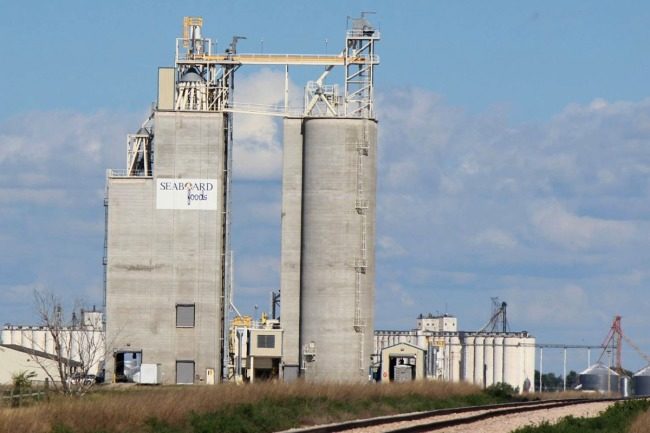MINNEAPOLIS – Seaboard Foods LLC, a subsidiary of Seaboard Corp., is seeking to delay implementation of a court ruling that will limit pork processing line speeds. The company is asking the court to extend its stay by 10½ months from June 29, 2021.
In April, the US District Court for the District of Minnesota vacated a provision of the New Swine Slaughter Inspection System (NSIS) that enabled pork processors to establish maximum line speeds. The court found that the Food Safety and Inspection Service (FSIS) of the US Department of Agriculture (USDA) violated the Administrative Procedures Act (APA) when the agency failed to consider whether increasing line speeds would harm workers.
The court placed a 90-day stay on its order and entry of judgment to allow USDA-FSIS “...time to decide how to proceed in light of this opinion and give regulated entities time to prepare for any operational change.” In a court filing, Seaboard said the company will need 10½ months to clear out excess production already in the pipeline if the company’s processing plant in Guymon, Okla., is forced to slow line speeds.
Seaboard is a vertically integrated pork processor that owns and controls the entire process from breeding to farrowing and finishing, on to processing.
“The combined effect of all these steps is that from insemination to processing, the pork-production process takes approximately 10.5 months or, at a minimum, 313 days,” the court document states.
The Guymon plant began operating under the NSIS on March 2, 2020. Seaboard calibrated its pork-production process to account for unrestricted evisceration line speeds allowed under the NSIS rule, the company said.
“As part of its conversion to NSIS operations at Guymon, Seaboard adapted its production process to account for the ability to operate at increased line speeds,” the court document states. “That adaptation involved not only capital investments in farrowing, nursing, and finishing capacity...but also increased numbers of gilts moved into the breeding herd, as well as increased insemination rates of hogs in the breeding herd as part of converting Guymon to the NSIS program.”
According to Seaboard’s calculations reverting to a line-speed limit of 1,106 head per hour will result in approximately 126,000 excess market hogs coming out of the company’s production pipeline over the course of 10.5 months. That number reflects Seaboard’s efforts to sell as much excess supply as possible and assumes that the Guymon plant operates approximately 28, six-day weeks during the 10.5 month production cycle, the court document states.
“If the plant cannot sustain operating that many six-day weeks, the excess market hog number will grow by approximately 21,000 excess market hogs for each week the plant cannot operate for six days,” the company said.
This leaves Seaboard with essentially three options if no stay pending appeal is granted: try to sell the excess hogs on the market; cull the live animals, which the company said “will result in the wanton waste of millions of pounds of valuable food product, not to mention the needless destruction of animal life;” or, begin the process to roll back line speeds by reducing inputs into Seaboard’s production chain, but to continue running at uncapped line speeds for the next approximately 10.5 months until that capacity runs through the system.
“In Seaboard's view, this is the best of three bad options,” according to the court filing. “This option, however, is not possible under the existing 90-day stay of the Court’s judgment through June 29, 2021 — that that is simply not enough time to clear the excess live-animal production supply.”
So, the company is asking the court to extend its stay by 10½ months from June 29, 2021.

